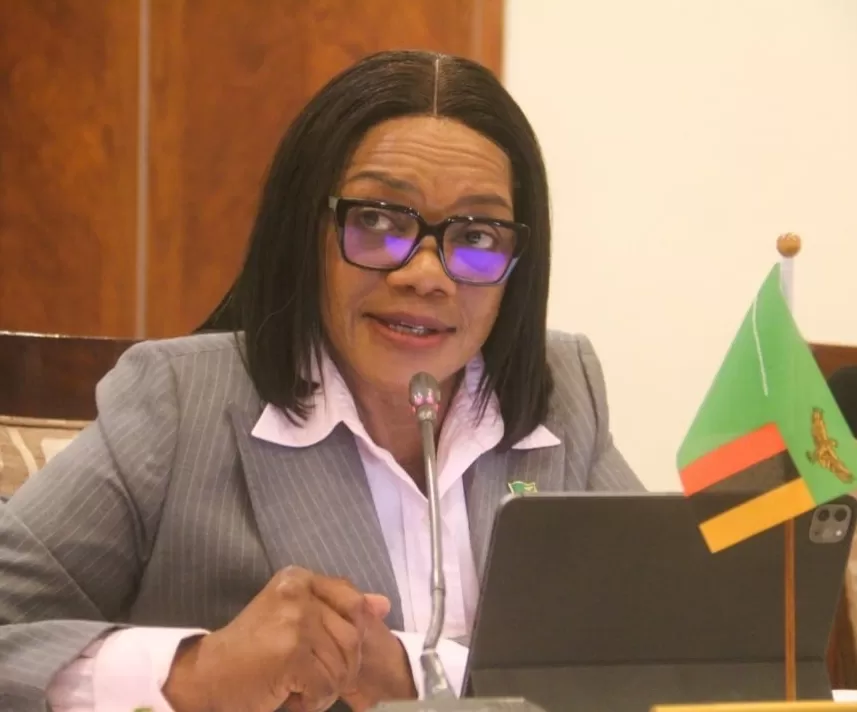By Kalata News,
LUSAKA, 08/01/24 – A CHOLERA outbreak is steadily spreading throughout Zambia with 32 districts reporting cases of over 5,400 cases of cholera since October last year. Starting with a few cases up north in Northern Province, cholera has now spread to Lusaka, Copperbelt, Muchinga, Eastern, Southern, Central and Western provinces.
So far 220 deaths have been recorded with an average monthly rate of 65 deaths. Lusaka has seen increased daily deaths rate of around 27 deaths per 24hrs.
According to the World Health Organisation (WHO), cholera “is an acute diarrhoeal infection caused by ingestion of food or water contaminated with the bacteriumVibrio cholerae.”
Cholera is an extremely virulent disease transmitted through the ingestion of contaminated food or water. Cholera can cause severe acute watery diarrhoea and the severe forms of the disease can kill within hours if left untreated.
Most people infected withV. choleraedo not develop any symptoms, although the bacteria are present in their faeces for 1–10 days after infection and are shed back into the environment, potentially infecting other people.
Among people who develop symptoms, the majority have mild or moderate symptoms. It takes between 12 hours and 5 days for a person to show symptoms. A minority of patients develop acute watery diarrhoea with severe dehydration. This can lead to death if left untreated.
Cholera seems to be travelling via public transport as people go about their daily business.

In the early 90s, cholera in Zambia used to be an annual event which led to Zambia being shunned by her neighbours for fear that Zambians crossing borders would export this disease. During the 19th century, cholera spread across the world from its original reservoir in the Ganges delta in India. Cholera is now endemic in many countries. Researchers have estimated that each year there are 1.3 to 4.0 million cases of cholera, and 21 000 to 143 000 deaths worldwide due to cholera.
Zambia’s Minister of Health Sylvia Masebo says a “suspected cholera case” is anyone who develops acute watery diarrhoea. This is a person of any age, experiencing three or more episodes within a 24-hour period and may be with or without vomiting.
“This means we should not ignore any watery diarrhoea. As long as someone has 3 episodes in a single day they need to seek urgent care from their nearest facility, because cholera kills within hours. Early identification of cases helps us to isolate patients thereby reducing spread to others. It also allows our health workers to move into affected communities with specific preventive measures.”
She adds, “stigma including self-stigma have led to persons infected attempting to treat themselves at home. This often results in severe disease and even death. We therefore must focus on Reducing Stigma.”
Masebo says it is crucial to dispel the stigma surrounding cholera as this disease does not discriminate, and “we must stand together to support those affected.”
“Stigmatizing individuals only hinders our collective efforts to control the outbreak. Compassion and understanding are our greatest allies in the fight against cholera. I urge each and every one of you to remain vigilant and prioritize your health and the health of your loved ones.” The Minister of Health warned.

However, Cholera in Zambia is usually fought among communities and local councils that do not see that cholera thrives among dirty environments and bad social behaviour towards water, sanitary and health (WASH) services.
In the case of Lusaka, the city still has more than half of its citizens using shallow drinking water holes side by side shallow and badly constructed pit latrines.
This means the water sources are easily contaminated with faecal matter. Flies from these shallow pit latrines find themselves on exposed foods and food sources in homes and markets.
Local companies too have been discharging their filthy garbage into open drainages around Lusaka whose flow is blocked by the many plastics and other litter wilfully discharged into these open drainages.
The end result is a perennial cholera outbreak that will continue to send many Zambians to their early graves, unless Lusaka City Council and other councils get down to work to clean the city and supply it with clean water and decent flushable toilets.



